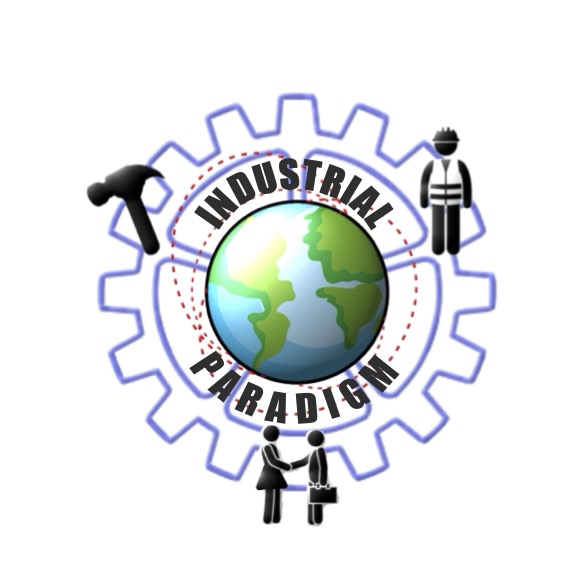Tim’s Blog
Europe’s Best Employers – and the Case for Workers Rights
21 May 2025

This morning’s Financial Times (£) has a special report entitled ‘Europe’s Best Employers’. The report ranks 1,000 top companies across 26 countries, based on an anonymous survey in which employees were asked whether they would recommend their employer to their friends and family.
As someone who spent over two decades working in the trade union movement, this is obviously a subject that interests me. I’ve always thought, however, that it is something that unions themselves should have more to say about. Unions are good at highlighting a ‘bad boss’, but what does a ‘good boss’ look like?
Judging from the survey responses – and perhaps intuitively – the definition of a good employer is partly based on what employees themselves want from work. So financial service companies are attractive to some, notwithstanding long hours, stress, inflexible working practices and living with an ever-present fear of job cuts. That’s because financial services offer high salaries, the prestige of working for a leading institution and the potential for career development. A headhunter specialising in investment banking, Chris Eldridge, tells the report: “Even a brief tenure can significantly enhance a professional’s future opportunities, given the often global recognition that these companies command”.
More interesting to me, however, are two examples, one of which focuses on a country, Germany, and the other on a particular company, the Spanish grocery chain Mercadona. Germany enjoys some of the strongest employee protection in Europe. It also has its co-determination system, mitbestimmung, where worker representatives hold half the seats on the supervisory boards of large companies. Per Breuer, a human resources consultant, says: “Unions and employee representatives have over many, many years played very positively to balance interests [between employers and employees]”. Breuer contrasts this with what he calls the “Anglo Saxon hire-and-fire employment model”.
I”ve been writing about co-determination for a long time. My 2013 paper for the TUC, ‘German Lessons’, included interviews with managers, works council members and trade unionists at German companies including Volkswagen, Siemens and ThyssenKrupp. My favourite quote in that paper came from Martin Rosik, Human Resource Manager at Volkswagen, who told me: “Labour representatives expect the company to be competitive, they force the company to be competitive, and take care of the interests of their members. Here you don’t have the classic understanding of what is whose role in this game.”
According to the FT, Mercadona pays 27 per cent above Spain’s national minimum wage, rising to 72 per cent for employees with four years’ experience or more. Flexible working hours sit alongside Sundays off and an annual profit sharing scheme. The FT reports that Mercadona has “a culture of putting its people first and, in part, from a hard-nosed calculation that good employment practices pay off.” In a country like Spain, whose economy is growing at five times the rate of the Eurozone average, but has seen its birth rate plunge by 25 per cent in the last decade, holding onto good workers is a challenge. Interestingly, as a privately owned company, Mercadona has more flexibility to reinvest in its business, rather than paying out dividends to shareholders, in contrast to its multinational rivals.
The FT makes no mention of unions at Mercadona. So how does a non union company compare with a unionised one? Clearly, non-union companies can be, and often are, good companies. There are hundreds of examples of them. That would be difficult for trade unions to say. But we know that unionised workers enjoy better pay and are better trained than non-unionised workers, on aggregate. Notwithstanding the business case for treating workers well, as described in the case of Mercadona, there is too much evidence of low paid, low skilled, low morale employees for us to assume that employer benevolence can always be relied upon. Economic history also teaches us that this is true: as the Massachusetts Institute of Technology economists Daron Acemoglu and Simon Johnson point out in their book, ‘Power and Progress’, workers benefited from the second industrial revolution, which saw the introduction of electricity and which powered Henry Ford’s production line, in a way that they didn’t from the first industrial revolution, which brought us the steam engine, precisely because they were organised by then.
Of the 1,000 best employers identified by the FT, 222 of them are German. I’ve often heard it said that the German economic model is on its last legs, yet it continues to remain relevant. Today’s big fear is artificial intelligence and whether machines will take all our jobs. In another of my papers for the TUC, ‘Shaping our Digital Future’, published in 2017, I reported from Airbus Deutschland in Hamburg, where the works council had agreed to the introduction of digital technology, on condition that no worker lost her or his job and no worker suffered a pay cut. In return, workers would show maximum flexibility to enable the restructuring of the factory, so that it could take advantage of breakthroughs such as AI.
Today’s FT report is particularly interesting in the context of Labour’s New Deal for Working People. Employer organisations have thrown up their arms in horror at this legislation, but what does it actually contain? Rights for workers, from day one in the job. An end to fire and rehire. More family-friendly working and a ban on zero hours contracts. Stronger union rights. And Fair Pay Agreements, starting with the care sector.
None of Europe’s best 1,000 employers would have anything to fear from these basic workplace rights. Neither should anybody else.
